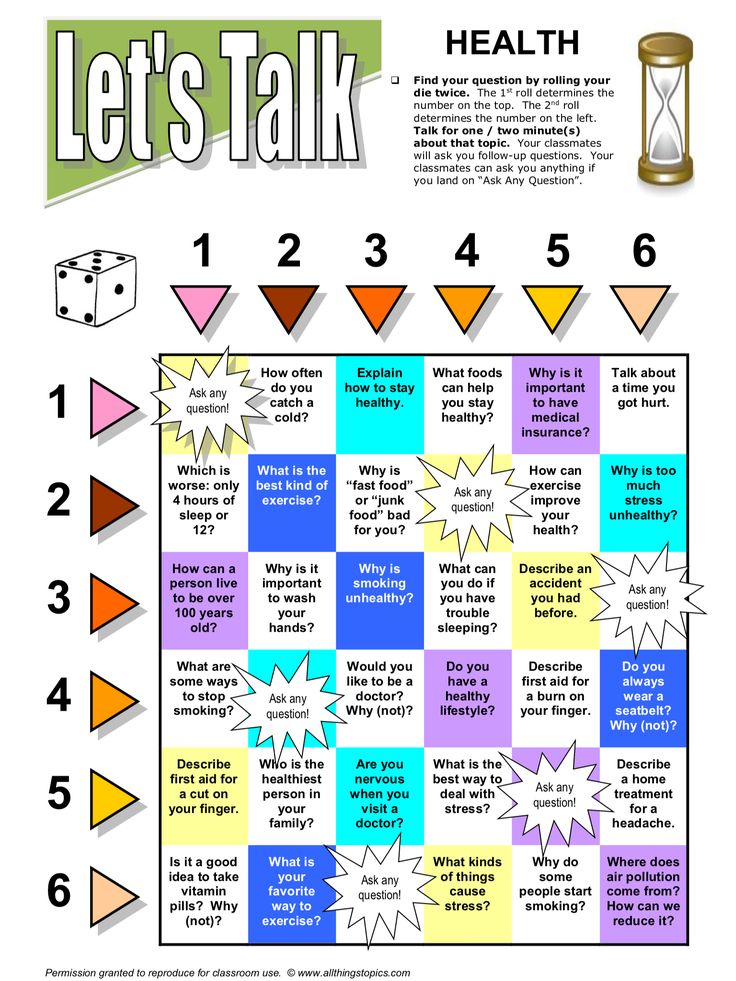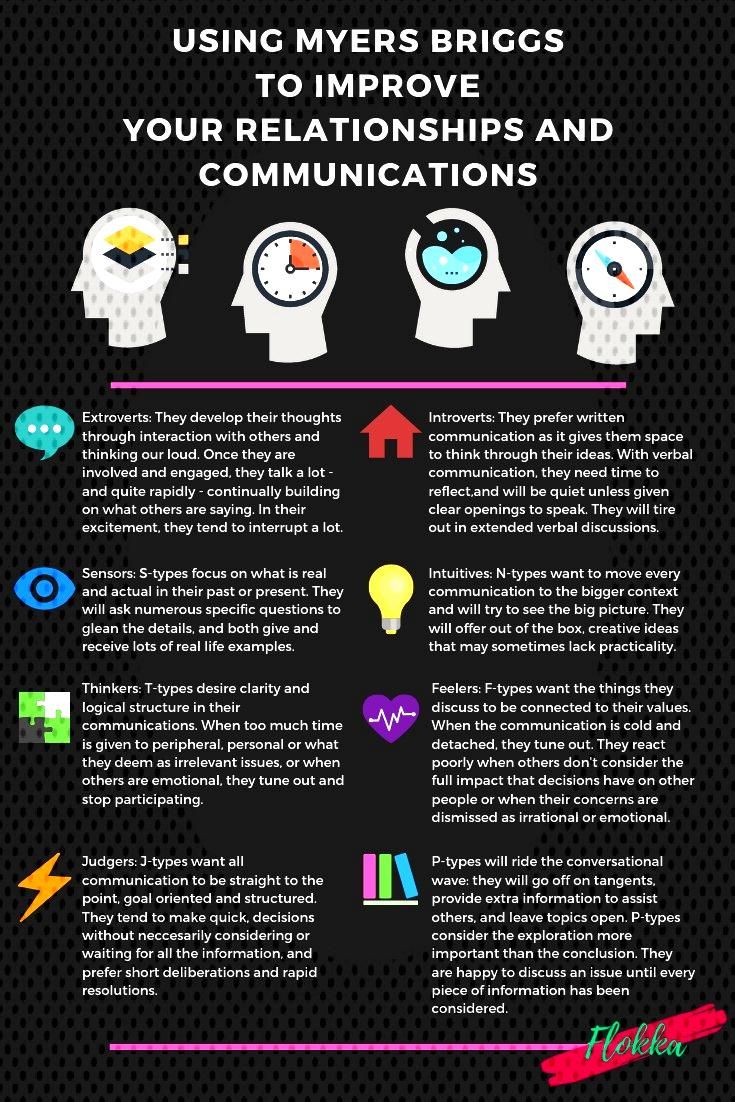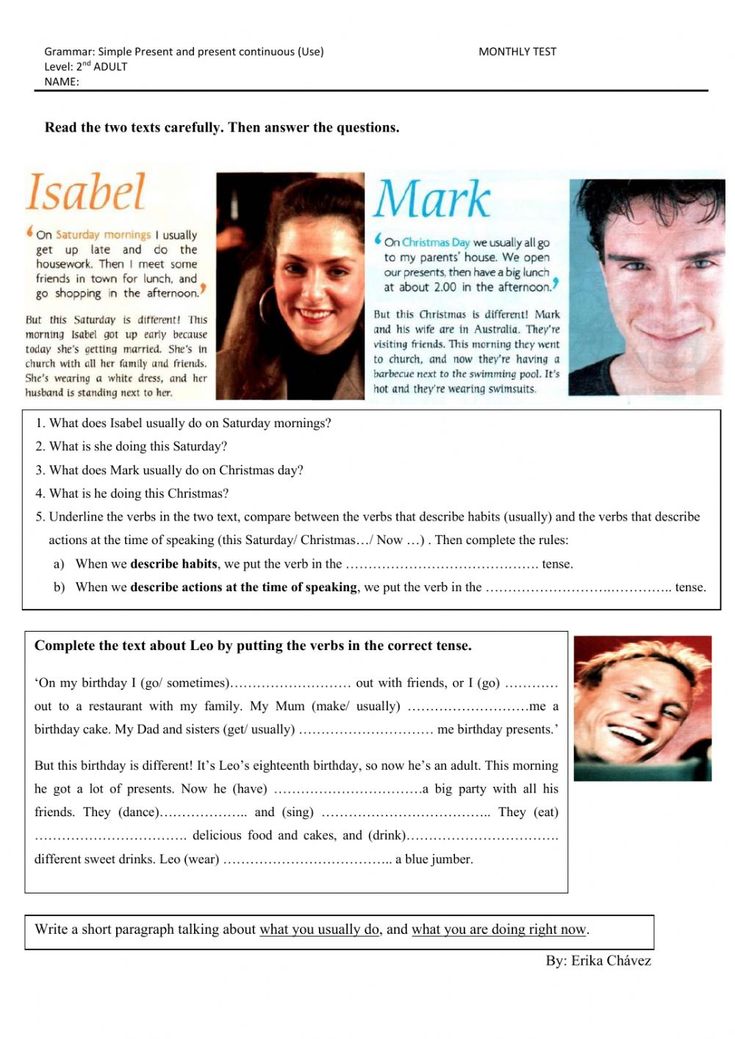Narcissist pity ploy
Narcissists Use Guilt and Pity Ploy
Have you experienced the narcissist in your life giving you a guilt trip or using the pity ploy to manipulate your feelings? The narcissist will use this to hoover, to get away with something, to deflect any blame and to play on your empathy to get their way.
Personality-disordered people can not and will not accept accountability for any issue they create and will project the issue in many ways, the pity ploy being one of them. By playing on your empathy to make you feel guilty and using that to manipulate a situation, the narcissist can gain narcissistic supply and control the delusional world they live in – as well as control of you.
The power of the pity ploy is in using your vulnerabilities and fears combined with your empathy against you through making you feel responsible for the feelings and emotional wellbeing of the toxic person. Pity ploys fill you with the mixed emotion of guilt plus compassion and that is the perfect way for the narcissist to gain supply, reinforce trauma bonding and basically suck you back into their toxic world.
In This Article
Let’s look at some examples of how the pity ploy might be used. There may be many other ways but this may give you an idea and validation that what you experienced was indeed manipulative.
During a hoover attempt or during a relationship with a toxic person you may have a conversation, receive a text or email that is filled with what looks like sorrow and despair on the part of the narcissist. The pity ploy can be when the narcissist suddenly starts looking like the victim after they abuse you with toxic behavior. It can also be feigned or exaggerated illness or pain.
They may talk about how you are all they have and how much it hurts that you won’t talk to them. Words like,” if you really loved me then…” or “after all the love I give you …:” might ring through the messages they send.
They may project onto you the things they themselves are doing like silent treatment, devaluing or lack of emotional connection.
Things like this set you up to defend your love and caring of this person, the whole pity ploy ripe with supply.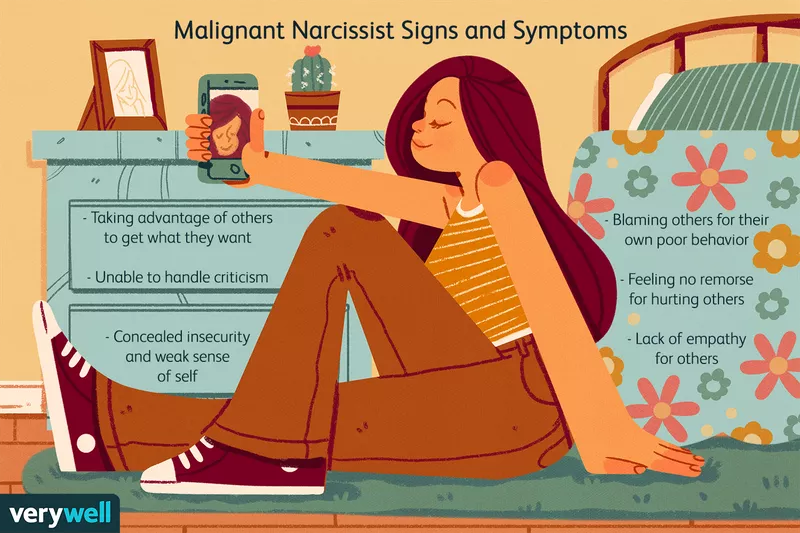 If you really look at it, the things said are all self-directed pity seeking attempts to pull you towards them. There is no room in the pity ploy attempt for any real conversation and your needs and feelings are certainly not considered.
If you really look at it, the things said are all self-directed pity seeking attempts to pull you towards them. There is no room in the pity ploy attempt for any real conversation and your needs and feelings are certainly not considered.
NO CONTACT
If this is a hoover, the best thing to do as always is maintain no contact and ignore the attempt. No contact, as always means not even reading these messages. Delete, do not reply and block the narcissist, maintain your peace. Try to see this pity ploy for what it is – manipulation! Begin to free yourself by limiting the continued thinking about it and softening the guilt that may arise. Seeing the reality of the tactics used to gain your supply hopefully can help you to do this. Remember the narcissistic person has no empathy and is using yours against you.
LOW CONTACT
For low contact situations, look at the real need of the situation and react accordingly with your own boundaries firmly in place. For example, during low contact with a toxic parent who you feel the need to help during this current COVID situation, you might ask if they have immediate needs like food or medicine and can those be delivered to them.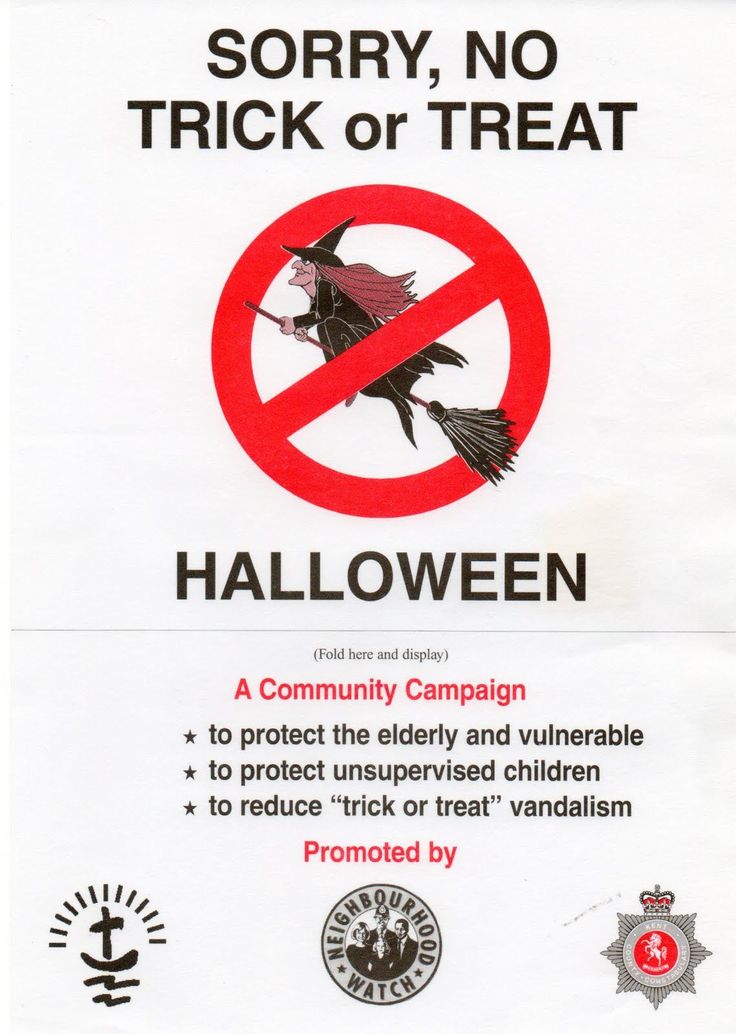
This is only if you should choose to help in that way. There is no need to respond to the emotional pity ploy for attention, only the basic need. If they write a long pity seeking message to you, simply reply to the immediate need and say nothing in response to the emotional manipulation they are using. Basically grey rock! Keep the topic to the topic of need only. You do not need to judge yourself based on the way this manipulation causes you to feel. Low contact is never easy and this is not your fault. You are being force-fed guilt!
- If you are looking for an affordable way to get ongoing personalized support, as well as peer support and validation in a small group setting, join our private coaching group.
- Get one-on-one coaching with Lise Colucci.
- Get notified free for free live video coaching sessions by texting LISELIVE to 33222.
- Find Lise on Facebook.
- Email Lise with topic ideas or any questions about the coaching options available at [email protected]
Discovery
Understanding
Overcoming
Not sure (Help me decide!)
Subscribe
We won’t send you spam. Unsubscribe at any time.
Unsubscribe at any time.
Powered By ConvertKit
Award for Angie’s YouTube Channel
Disclosure – Click to Read
Narcissists Use Guilt and Pity Ploy
Have you experienced the narcissist in your life giving you a guilt trip or using the pity ploy to manipulate your feelings? The narcissist will use this to hoover, to get away with something, to deflect any blame and to play on your empathy to get their way.
Personality-disordered people can not and will not accept accountability for any issue they create and will project the issue in many ways, the pity ploy being one of them. By playing on your empathy to make you feel guilty and using that to manipulate a situation, the narcissist can gain narcissistic supply and control the delusional world they live in – as well as control of you.
The power of the pity ploy is in using your vulnerabilities and fears combined with your empathy against you through making you feel responsible for the feelings and emotional wellbeing of the toxic person.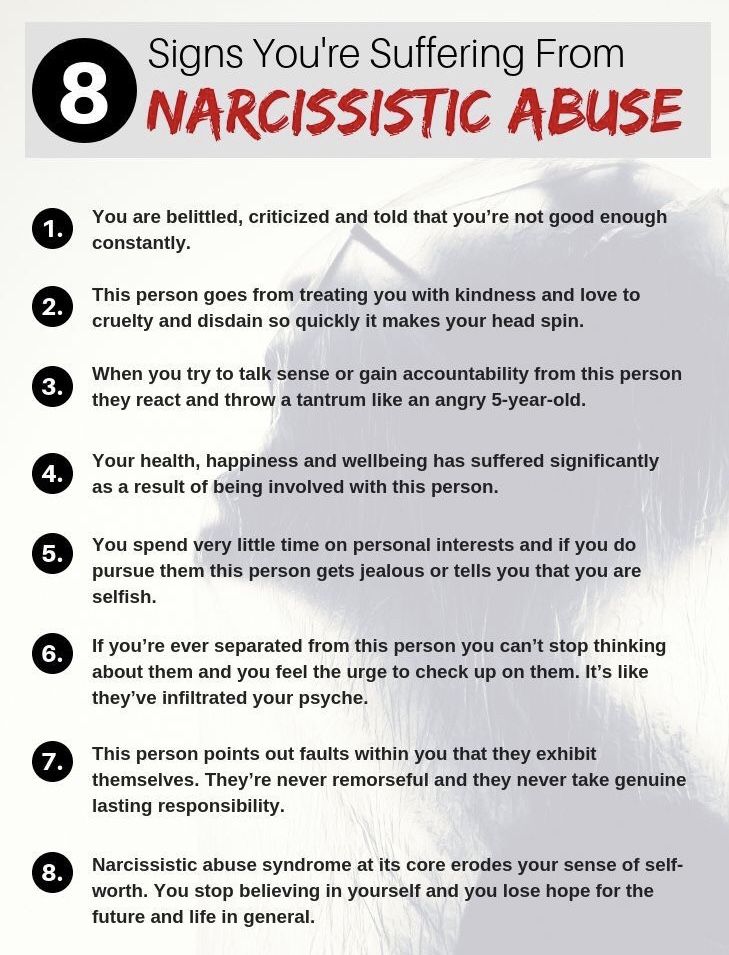 Pity ploys fill you with the mixed emotion of guilt plus compassion and that is the perfect way for the narcissist to gain supply, reinforce trauma bonding and basically suck you back into their toxic world.
Pity ploys fill you with the mixed emotion of guilt plus compassion and that is the perfect way for the narcissist to gain supply, reinforce trauma bonding and basically suck you back into their toxic world.
In This Article
Let’s look at some examples of how the pity ploy might be used. There may be many other ways but this may give you an idea and validation that what you experienced was indeed manipulative.
During a hoover attempt or during a relationship with a toxic person you may have a conversation, receive a text or email that is filled with what looks like sorrow and despair on the part of the narcissist. The pity ploy can be when the narcissist suddenly starts looking like the victim after they abuse you with toxic behavior. It can also be feigned or exaggerated illness or pain.
They may talk about how you are all they have and how much it hurts that you won’t talk to them. Words like,” if you really loved me then…” or “after all the love I give you …:” might ring through the messages they send.
They may project onto you the things they themselves are doing like silent treatment, devaluing or lack of emotional connection.
Things like this set you up to defend your love and caring of this person, the whole pity ploy ripe with supply. If you really look at it, the things said are all self-directed pity seeking attempts to pull you towards them. There is no room in the pity ploy attempt for any real conversation and your needs and feelings are certainly not considered.
NO CONTACT
If this is a hoover, the best thing to do as always is maintain no contact and ignore the attempt. No contact, as always means not even reading these messages. Delete, do not reply and block the narcissist, maintain your peace. Try to see this pity ploy for what it is – manipulation! Begin to free yourself by limiting the continued thinking about it and softening the guilt that may arise. Seeing the reality of the tactics used to gain your supply hopefully can help you to do this.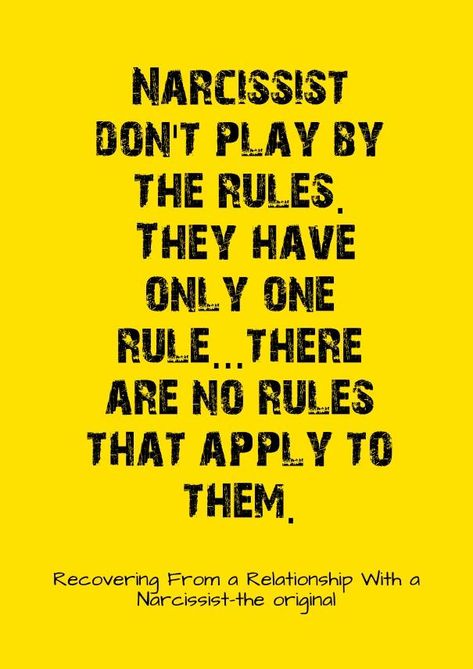 Remember the narcissistic person has no empathy and is using yours against you.
Remember the narcissistic person has no empathy and is using yours against you.
LOW CONTACT
For low contact situations, look at the real need of the situation and react accordingly with your own boundaries firmly in place. For example, during low contact with a toxic parent who you feel the need to help during this current COVID situation, you might ask if they have immediate needs like food or medicine and can those be delivered to them.
This is only if you should choose to help in that way. There is no need to respond to the emotional pity ploy for attention, only the basic need. If they write a long pity seeking message to you, simply reply to the immediate need and say nothing in response to the emotional manipulation they are using. Basically grey rock! Keep the topic to the topic of need only. You do not need to judge yourself based on the way this manipulation causes you to feel. Low contact is never easy and this is not your fault. You are being force-fed guilt!
- If you are looking for an affordable way to get ongoing personalized support, as well as peer support and validation in a small group setting, join our private coaching group.

- Get one-on-one coaching with Lise Colucci.
- Get notified free for free live video coaching sessions by texting LISELIVE to 33222.
- Find Lise on Facebook.
- Email Lise with topic ideas or any questions about the coaching options available at [email protected]
Discovery
Understanding
Overcoming
Not sure (Help me decide!)
Subscribe
We won’t send you spam. Unsubscribe at any time.
Powered By ConvertKit
Award for Angie’s YouTube Channel
Disclosure – Click to Read
Narcissism - what it is, signs and causes of narcissistic personality disorder
About who people with narcissism are, where it comes from and whether it is always necessary to break off relations with narcissists, says Anna Krymskaya, a clinical psychologist and co-founder of the online psychological help service YouTalk
Surely among your acquaintances there is someone about whom you thought “yes, he is a typical narcissist”. Most likely, the description of this person will look like this: self-confident, ambitious, somewhat selfish. Possibly manipulative.
Most likely, the description of this person will look like this: self-confident, ambitious, somewhat selfish. Possibly manipulative.
The term "narcissism" is heard everywhere: in psychological blogs, movies, Tiktok. There are articles and studies about him. But often in them this phenomenon is simplified and stigmatized. Who are narcissists, should they be avoided, and when can one speak of a narcissistic disorder? What is Narcissism? This is not a monolithic concept, but a whole spectrum. To some extent, its features are present in many of us, this is normal and even useful in some ways. For example, people with a narcissistic temperament are often ambitious, take care of themselves and achieve great success in their careers.
Depending on how pronounced the narcissistic tendencies are and whether they interfere with life, the spectrum of narcissism can be divided into four parts:
Character and accentuation are variants of a healthy manifestation of narcissism, and a personality disorder is already a psychiatric diagnosis.
Related material
The extreme degree of the norm is the narcissistic accentuation of the personality. This means that the narcissistic qualities of character are so pronounced that in some cases they begin to interfere with a person's life. They can affect his relationships with others or the professional sphere. However, their influence is not so serious as to diagnose a personality disorder. For example, they can lead to conflicts with superiors or prevent a person from sincerely opening up to another, removing the mask of ideality.
What qualities are considered narcissistic
Based on the Narcissistic Personality Inventory, one of the most popular tools for identifying non-clinical cases of narcissism, the following qualities can be considered narcissistic:
- Demonstration.
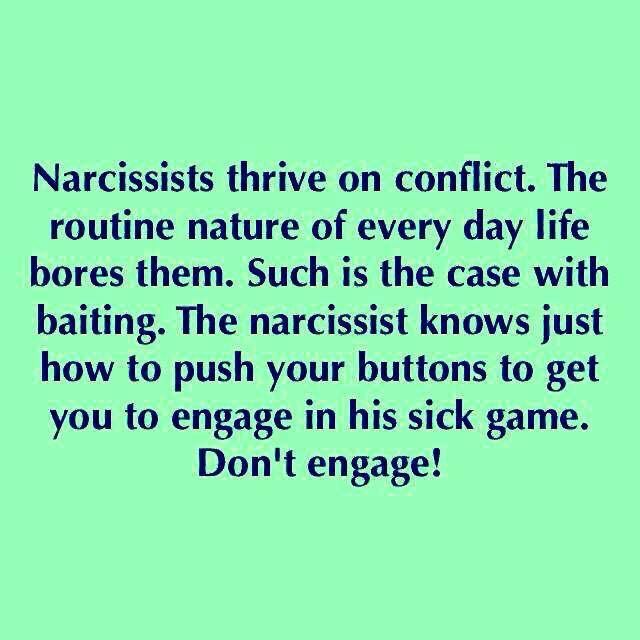 It is expressed in the idea of one's own unusualness, uniqueness, physical attractiveness and ability to influence others
It is expressed in the idea of one's own unusualness, uniqueness, physical attractiveness and ability to influence others - Authority. Confidence in possessing leadership qualities, the ability to influence others, power over people, the ability to succeed.
- Chosenness. The feeling of one's own peculiarity, the expectation of an exceptionally good attitude, respect, recognition of one's merits, submission to one's requirements and desires.
- Vanity. The desire to look good in the eyes of others, the need to confirm one's superiority, the desire to hear flattery from other people.
- Self-sufficiency. Confidence in one's independence from people in achieving results, competence, responsibility for making decisions, confidence in the correctness of one's actions, the ability to live in accordance with one's desires, the ability to become a great person.
- Excellence. Conviction in the extraordinary and uniqueness of one's personality, the presence of special achievements and talents, the deserving of appropriate recognition from others.
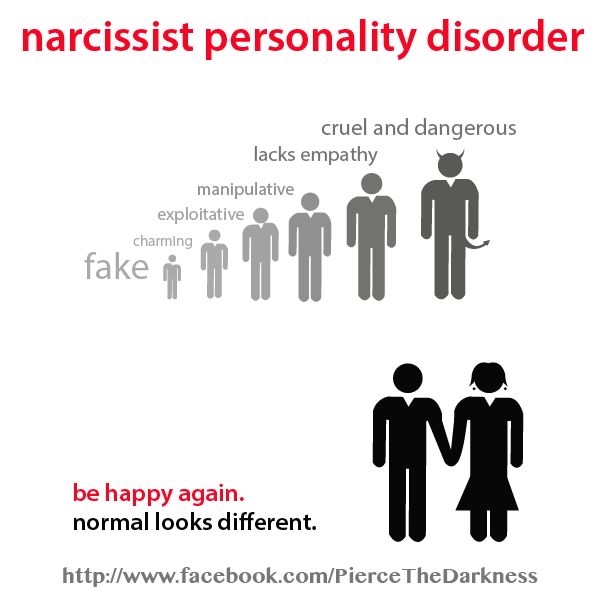
- Operation. Confidence in one's ability to use other people, the ease of manipulating others to achieve one's own goals, the ability to understand others well, influence their behavior, and convince of something.
Along with these traits, there are often such characteristics as increased sensitivity to shame, perfectionism, a feeling of inner emptiness and loneliness.
People with a narcissistic psychotype are demonized, attributing to them aggressiveness, lack of empathy, a tendency to violence
The traits listed above are manifestations of narcissism as a personality trait, that is, a norm. To be diagnosed with Narcissistic Personality Disorder, according to the DSM-5 American Classification of Diseases, a person must exhibit five or more of the following characteristics of narcissism in early adulthood:

In Russia, however, since January 2022, it has become impossible to get a diagnosis of Narcissistic Personality Disorder, because our doctors do not follow the DSM-5, but the International Classification of Diseases from the World Health Organization. In the latest edition, the division into individual personality disorders was removed: now they look at whether a person has general signs of a personality disorder, the degree of their severity and specific manifestations. This will make the approach more comprehensive and personalized.
Is it worth labeling a person as a narcissist
There are two sides to using such labels. They can be a guide, explain individual patterns in their own and others' behavior, feelings and thinking; can help you get the big picture. But they can also become a stigmatizing stigma, if you do not pay attention to the individual characteristics of a person. Unfortunately, in modern culture, this often happens and any people with a narcissistic psychotype are demonized, attributing to them aggressiveness, lack of empathy, a tendency to violence, and offering to avoid any contact with them. But this will not be true for every person with narcissistic traits. Because of such generalizations, even the expression "narcissist" itself has acquired a negative connotation, and its use is considered not entirely ethical.
In addition, in psychology there are many different classifications of narcissism that better convey the shades of this phenomenon than one term.
Related material
What types of narcissism are distinguished by psychologists
Most often they talk about two types:
Grandiose. Such a person wants to be the best. Faster, higher, stronger than all. Career, appearance, relationships - everything should be perfect. This characteristic fits well with the modern philosophy of success and achievement, so often this type achieves a lot in life. Grandiose narcissists can embellish reality to fit their ideal image if reality falls short. The self-esteem of such people is unstable: from the outside it may seem high or even inflated, but inside they often feel empty and dissatisfied.
Vulnerable. He is also hidden or thin-skinned. Clinical psychologist Paul Wink in his work "The Two Faces of Narcissism" described the mental portrait of representatives of this type as prone to introversion, submission, anxiety, vulnerability and always being on the defensive. However, like the grandiose type, they are vain, interested in others, impulsive, and often take risks.
Clinical psychologist Paul Wink in his work "The Two Faces of Narcissism" described the mental portrait of representatives of this type as prone to introversion, submission, anxiety, vulnerability and always being on the defensive. However, like the grandiose type, they are vain, interested in others, impulsive, and often take risks.
While grandiose narcissists tend to exalt themselves in the eyes of others, vulnerable narcissists may appear to hate themselves. In fact, this is the same idealization, but turned inside out. While grandiose narcissists tend to see themselves as the best, covert narcissists tend to see themselves as the worst, stupidest, most miserable. Keyword: most.
From the grandiose pole, a person with narcissism can fall into the other extreme: to feel like a partner unworthy of love in principle
Some researchers believe that these types are not mutually exclusive, but can change depending on the circumstances of a person's life.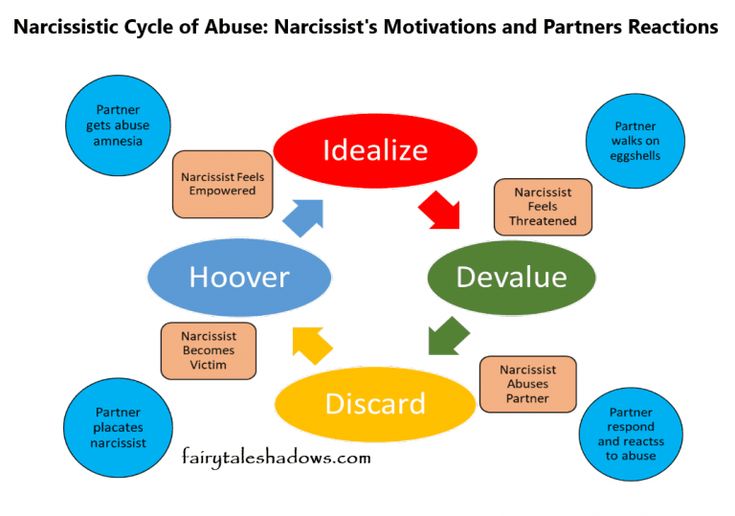 For example, there was a successful period at work: a person exceeded KPI and received praise from his superiors. At this point, he will be inclined to idealize himself, to feel his own exclusivity and superiority, life will seem beautiful. A week later, the partner shares that some aspect of the relationship does not suit him. From the grandiose pole, a person with narcissism can fall into the other extreme: to feel like a disgusting partner, unworthy of love in principle. And at the same time devalue all previous achievements. In this state, a person may impulsively propose a breakup or show aggression, trying to avoid corrosive shame.
For example, there was a successful period at work: a person exceeded KPI and received praise from his superiors. At this point, he will be inclined to idealize himself, to feel his own exclusivity and superiority, life will seem beautiful. A week later, the partner shares that some aspect of the relationship does not suit him. From the grandiose pole, a person with narcissism can fall into the other extreme: to feel like a disgusting partner, unworthy of love in principle. And at the same time devalue all previous achievements. In this state, a person may impulsively propose a breakup or show aggression, trying to avoid corrosive shame.
And if the narcissistic disorder is accompanied by features of sociopathy (indifference, aggressiveness, disregard for social norms), one can speak of perverse narcissism. It is this type that is prone to emotional violence and even crime due to a lack of empathy. Perverted narcissists are people who prove their worth and value through the humiliation of others.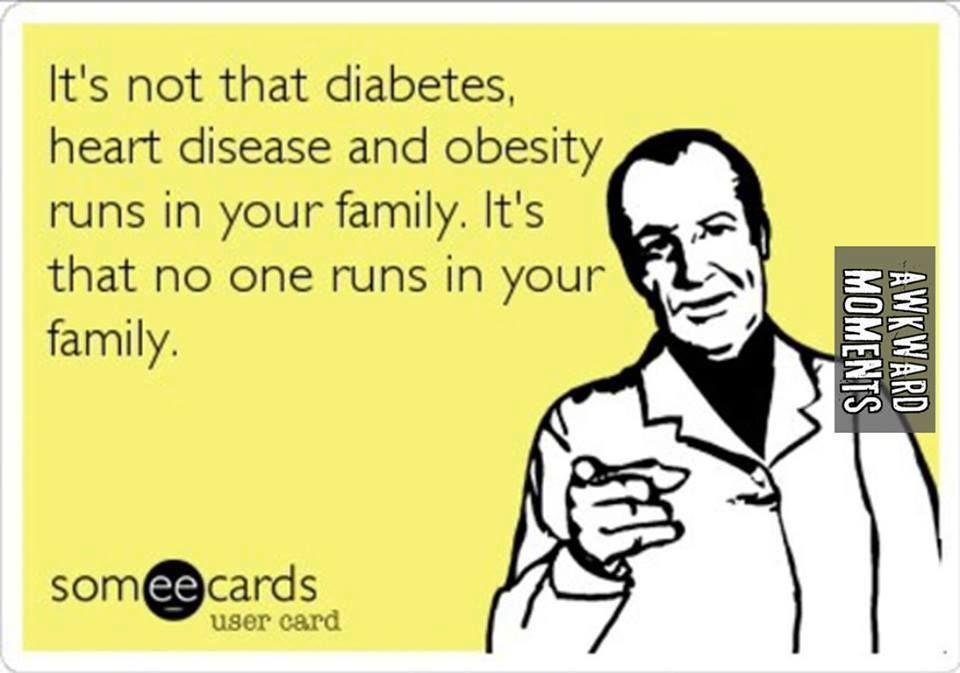 It is extremely difficult for them to build a healthy relationship, as they are not able to empathize, lie, manipulate and overly control their partner. This type rarely turns to a psychotherapist, and it is difficult for him to stay in therapy.
It is extremely difficult for them to build a healthy relationship, as they are not able to empathize, lie, manipulate and overly control their partner. This type rarely turns to a psychotherapist, and it is difficult for him to stay in therapy.
Narcissism in men and women
Scientists at the Buffalo Institute reviewed studies of narcissistic personality disorder published over the past 30 years and found that it is more common in men and manifests itself somewhat differently than in women.
First, men are more likely to exploit others and feel entitled to have privileges. Secondly, they show more desire for power and leadership. But in the manifestations of vanity and egocentrism, there was no particular difference. Scientists suggest that such results may be the result of a certain gender socialization - that is, the attitudes broadcast by society about what men and women can and cannot be.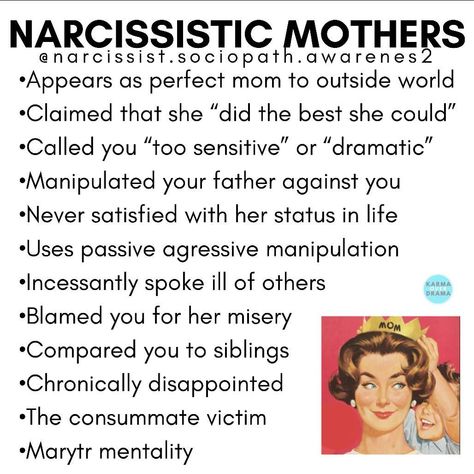
Because women are often criticized for being aggressive and authoritarian, they can suppress these narcissistic traits while men do not have to. But the authors note that this topic requires further study.
Causes of narcissism
There are different concepts as to why people develop narcissism. The conducted studies have not proved an unambiguous connection with genetics, so the sociocultural concept remains the main one.
Representatives of psychoanalysis paid a lot of attention to the nature of narcissism. For example, Sigmund Freud and Heinz Kohut were of the opinion that at a certain stage in the development of a child, the emergence of narcissism is a natural and healthy phenomenon - this is called primary narcissism.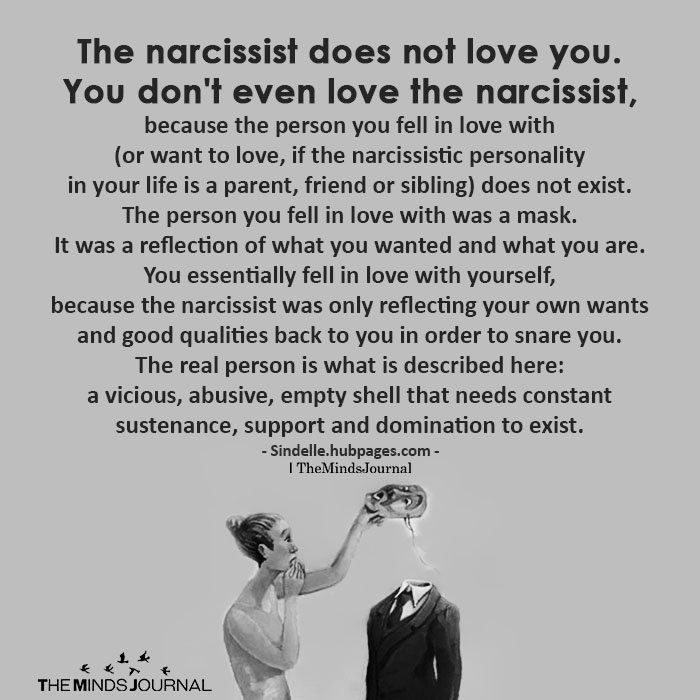 In infancy, the child has no other needs than his own, and he does not have to make any effort to satisfy them. In fact, he is the center of his own universe. This is a normal developmental stage that everyone goes through.
In infancy, the child has no other needs than his own, and he does not have to make any effort to satisfy them. In fact, he is the center of his own universe. This is a normal developmental stage that everyone goes through.
However, certain circumstances can lead to secondary narcissism - that is, its unhealthy form. Such a circumstance could be a lack of parental love and acceptance. Moreover, the child did not necessarily encounter excessive severity, cruelty or indifference. It is quite possible that his parents, on the contrary, praised him for any reason and did not forbid anything. Child idealization and permissiveness can also be perceived as dislike and cause secondary narcissism, according to Karen Horney. When only the positive side is seen in a child, ignoring the existence of negative traits, he feels unseen. As if they love not him, but some other person, an image. In both cases, the defensive reaction is the creation of an imaginary ideal "I", designed to deserve the love and attention of others.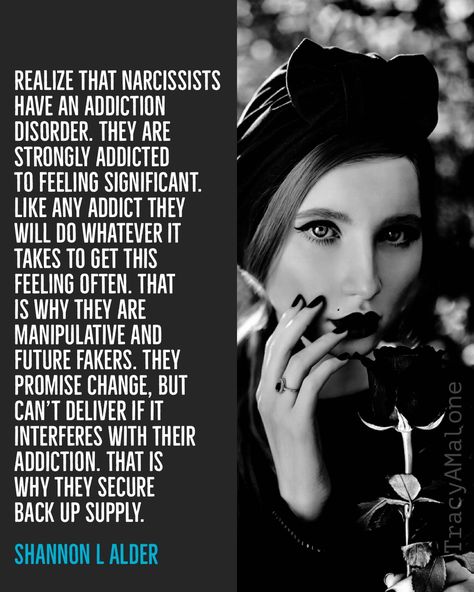
Related material
Psychoanalyst Andre Green considers another reason in his article "Dead Mother". He talks about a situation in which the mother was physically alive, but was emotionally unavailable and absent due to depression. For this reason, the child did not receive love, care, support in the proper amount. The researcher believed that the mother's depression becomes a trauma for the child, since the baby, up to a certain age, sees in himself the cause of everything that happens around him and, among other things, blames himself for his mother's condition.
Lack of communication and warmth leads to the fact that the child tries to "bring the mother back to life", changing behavior, attracting attention. Failures give rise to tremendous anxiety and a feeling of a bottomless hole inside. Over time, the baby begins to feel the emptiness, which he will later try to fill: with achievements, attention, other people.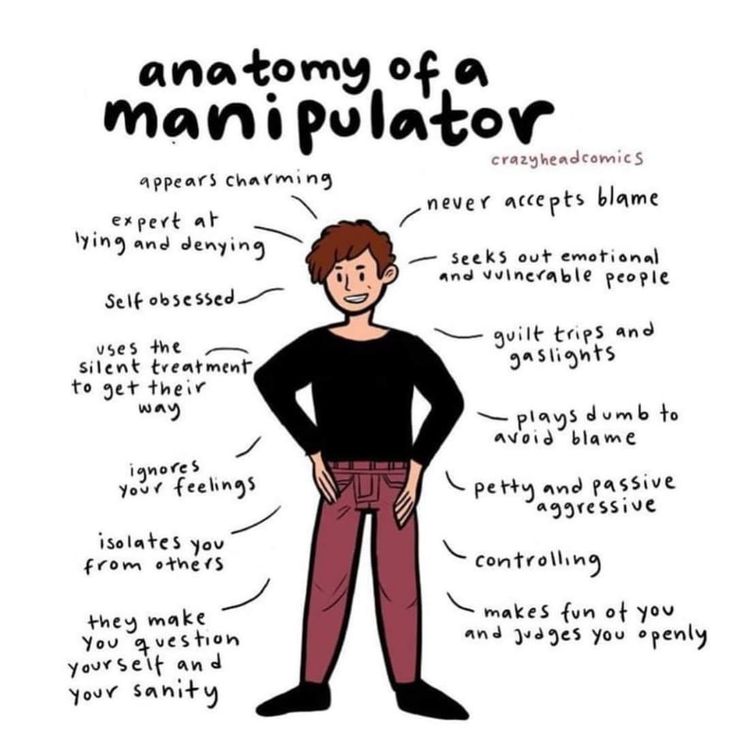 In this case, those around him can become his narcissistic extension - like an extension of his personality, an attribute to maintain status and high self-esteem. Other consequences are the replacement of emotions with reasoning, a tendency to depression, aggressiveness, the inability to let someone in, to accept and experience love, to build warm trusting relationships.
In this case, those around him can become his narcissistic extension - like an extension of his personality, an attribute to maintain status and high self-esteem. Other consequences are the replacement of emotions with reasoning, a tendency to depression, aggressiveness, the inability to let someone in, to accept and experience love, to build warm trusting relationships.
Narcissistic trauma
Trauma associated with the narcissistic part of the personality can occur not only in childhood. According to Freud, a narcissistic injury is a situation in which the narcissist feels that his hidden true self has been discovered. Its imperfection is revealed. For example, if he faced failure or his authority was called into question. Narcissistic trauma can lead to depression or what is known as narcissistic rage, an attempt to regain control and avenge the pain.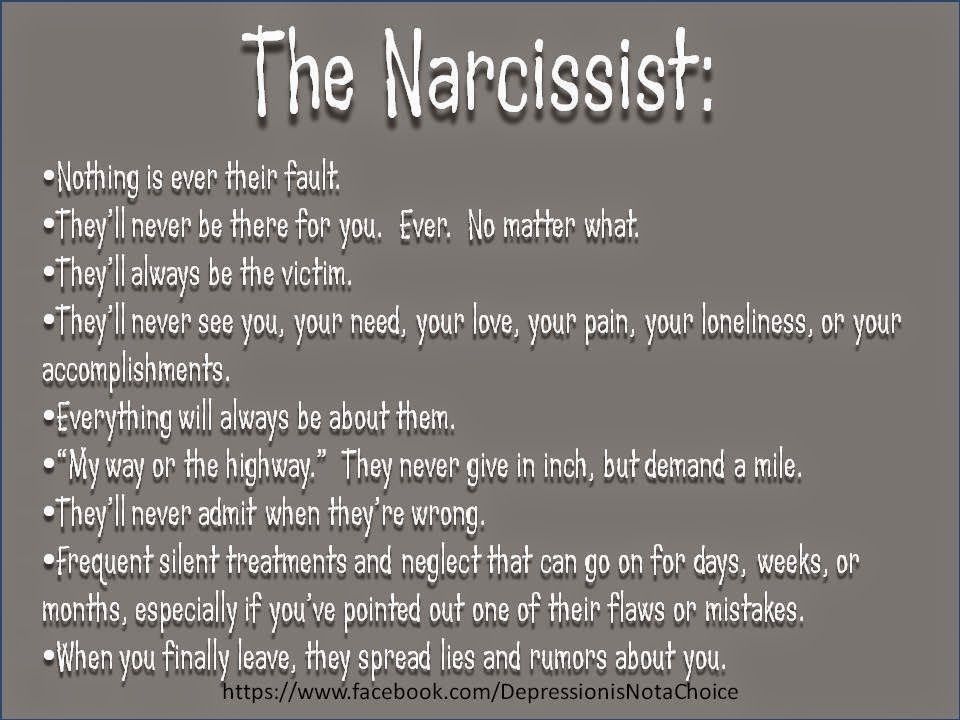
Treatment of narcissism
Both narcissistic personality disorder and narcissism in the broadest sense are generally amenable to psychotherapy. It's not exactly a "treatment" in the medical sense of the word. Rather, the process of knowing, accepting and adapting to the characteristics of one's personality.
For therapy to be effective, the person must be interested in it. In many cases, the benefits of narcissistic character traits and the difficulty in recognizing one's own imperfection lead to the fact that a person is not too willing to change something in his life and turn to a psychotherapist. And in a situation where we are talking simply about character traits that do not interfere with the person himself and do not harm others, the therapy of narcissism is, in principle, not needed.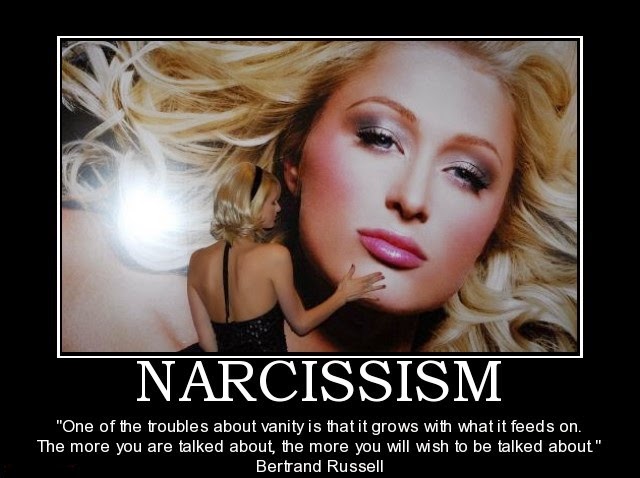
If you feel bad in a relationship, then whether the person is a narcissist or not, it makes sense to think about parting. Working with the deep structures of personality requires a lot of effort and time. But at the same time, the very arrival of psychotherapy already has a positive effect. The therapeutic relationship is built on trust, acceptance, and recognition of the person in all of his manifestations, and this is exactly the kind of experience that people with narcissistic disorder or pronounced narcissism practically do not have.Together with the client, the therapist looks for points of support and support. The psychologist is able to endure regular cycles of idealization and devaluation, which allows the relationship to last. Teaches the client to see himself, not to fall into one of the poles of adoration and hatred, to endure his fears, doubts, vulnerability, envy and a constant sense of shame.
See the value of other people in isolation from himself and, if necessary, control his aggression.
Having received the experience of warm acceptance of different aspects of his personality in therapy, a person with narcissism learns to apply this experience in everyday life, to build relationships with the world and himself in a new way.
How to communicate with a person if you suspect narcissism or NPD
There are two main principles to follow: focus on how you feel in contact with this person, and not try to save him. In general, these rules can be applied to any relationship, regardless of the type of person.
It is not so important to recognize how pronounced narcissism is, but to pay attention to the quality of your relationship:
- whether there is disrespect, manipulation, aggression or violence
- Does your self-esteem suffer? No, it makes sense to think about parting.
In the case of an abusive relationship without outside support, this can be very difficult. Psychotherapy can help you find a resource for ending a relationship, as well as understanding the reasons why you ended up and stayed in it so that the scenario does not repeat itself in the future.
If it seems to you that a person has strong narcissistic inclinations, but at the same time the relationships themselves are built on mutual respect, warmth and sincerity, there is no violence in them in any form, then you should not break off contact just because the person is a “narcissist”.
"I'm just going to hurt you a lot" Millions of people around the world suffer from narcissism. How to behave with them?: Society: Russia: Lenta.ru
We all know who Narcissus is: a young man from Greek myth who could not love anyone but himself, and died, unable to tear himself away from his reflection in a pond. Today, many people who seem narcissistic to us are also called narcissists.
However, is it really so simple? Who are narcissists and how to behave with them correctly - in the material "Lenta.ru".
What is narcissism?
We are accustomed to consider as narcissists all those who, as it seems to us, are behaving too provocatively, constantly pointing out their successes and manipulating others. Such people are feared, considered incapable of empathy and even prone to aggression.
Indeed, narcissism in psychology means an exaggerated opinion about one's contribution to society or a group, excessive narcissism and conceit, self-centeredness, belief in one's exclusivity. At the same time, narcissism is a whole range of different personality traits, and some of them are useful to some extent, so you should not demonize this concept.
Clinical psychologist Anna Krymskaya in a Forbes conversation notes that there are four parts of the spectrum of narcissism: individual traits, character, accentuation and personality disorder. Among the healthy manifestations of narcissism, she named character and accentuation, and attributed personality disorder to a psychiatric diagnosis.

Photo: Abstral Official / Unsplash
For example, if a person has a narcissistic nature, he can be ambitious and achieve career success. And narcissistic accentuation is already an extreme degree of the norm. That is, the qualities of a narcissist are very pronounced and can interfere with a person in life, influence his relationship with others, but not so seriously as to diagnose a personality disorder.
Narcissistic personality disorder is diagnosed when narcissism overrides other personality traits, is uncontrollable, and creates serious problems in a person's relationships with other people. However, such a diagnosis requires a long-term pattern of behavior that exhibits at least five characteristics: an inflated sense of self-importance and talents, fantasies of unlimited power, beauty, ideal love, lack of empathy, desire to constantly receive admiration, belief in one's uniqueness, arrogance and arrogance , the conviction that others are jealous.
What are the characteristics of narcissists?
As clinical psychologist Christina Andreyuk explains, in “normal” narcissism, people try to please others, which helps them succeed in their careers or adapt to society.
However, in the case of pathology, the narcissist has distorted ideas about himself, which is reflected in his relationships with people: the constant search for recognition leads to manipulation and conflict.
Usually a pathological narcissist:
1. exaggerates his achievements and talents; expects admiration, even if he has not done anything significant, but simply cooked dinner;
2. fantasizes about how he will come to success, power, considers himself a genius in his work and is sure that if he has not yet achieved what he wanted, then everything is still ahead;
3. I am sure that there are very few people like him, that he is not like others, and the environment should be appropriate: high social status and attractive appearance;
4. considers that everyone owes him, and expects that his requests will be fulfilled at the first call; I am sure that he is the best, and the shortcomings of others are a good reason for self-affirmation;
5.
uses other people to achieve his goals and does not know how to thank sincerely - he does it only because it is customary;
6. does not feel empathy and does not think when hurting someone;
7. envious of others and believes that others envy him - usually the narcissist explains the criticism in his address with envy;
8. behaves defiantly because he is confident in his uniqueness and ability to influence others;
9. believes that he does not need other people to achieve results and make decisions, he is always confident in the correctness of his actions.
Photo: Daniel Monteiro / Unsplash
At the same time, contrary to popular belief, narcissists very often do not like themselves - they suffer from loneliness, dissatisfaction, inner emptiness. With their behavior, they try to cover up low self-esteem, and the slightest criticism or failure can lead to narcissistic injury. At the same time, narcissists can rush from one extreme to another: either they feel better than everyone else, or, on the contrary, they believe that there is no one worse than them.

What are daffodils like?
According to psychologists, people become narcissists who did not receive enough admiration and praise from their parents in childhood, felt inferiority due to their words and actions, and therefore did not develop self-confidence.
Psychologists distinguish three types of narcissism:
1. "grandiose" type narcissism;
2. vulnerable (hidden) narcissism;
3. perverse narcissism.
The first type includes people with inflated conceit, impudent, charismatic. They exalt themselves in the eyes of others, quite obviously use leverage: they can humiliate and criticize others, be rude and sarcastic. They must be the best in everything and are ready to embellish reality to create the perfect picture for others, but often they feel dissatisfaction and emptiness inside.
People of the second type are also self-centered and want attention, but they are more difficult to recognize: they are more withdrawn and introverted.
At the same time, unlike extroverted "grand" narcissists, covert narcissists do not show self-esteem so obviously, they deliberately downplay their achievements and talents in order to convince them, and by their behavior will achieve that people praise them without attracting get a lot of attention.
Photo: Toa Heftiba / Unsplash
The covert narcissist may be emotionally abused or pretend to be a victim in order to gain support. He is not afraid to neglect other people's time and interests, he will pretend to be emotionally available, but only in order to make the other feel ashamed or guilty.
The behavior of narcissists of the third type is accompanied by features of sociopathy (indifference, aggressiveness, disregard for the norms of society) - they have little admiration for their person, they want to dominate. Such people are not able to experience, they are prone to manipulation, emotional abuse and crime, sometimes enjoying it.
Sometimes types of daffodils are mixed.

Narcissists in movies
Even if you have never met or recognized a narcissist in real life, you have definitely seen him in a movie or TV series. For example, the behavior of a narcissist is demonstrated in the series Big Little Lies and Play Back. It is important for the husbands of the main characters that others think well of them, while in relationships with loved ones they show their real face, and in both cases it is far from ideal.
Another typical example is the Joker from the Batman universe, the films Suicide Squad and Birds of Prey. This hero constantly wants attention and recognition from the public, and in the animated series "Harley Quinn" about the breakup of the superheroine with the Joker, the emphasis is on how people of a narcissistic personality type poison the lives of loved ones.
- Are you going to kill me?
- Oh, I won't kill you. I'm just going to hurt you really, really badThe Joker and Harley Quinn Suicide Squad
Shot: The Suicide Squad movie
An example of a narcissistic boss can be seen in the movie The Devil Wears Prada — that's exactly the kind of behavior Miranda Priestly demonstrates , which reacts very negatively to delays in the execution of its instructions and behaves quite narcissistically.
And, of course, you can’t help but remember Zlatopust Lokons from the movie “Harry Potter and the Chamber of Secrets” - he placed his portraits everywhere, and in the defense against the dark arts test, he even asked students questions about his favorite color and the most grandiose achievement. In one episode, to show off his magical abilities, he decided to fix Harry's broken arm during a Quidditch match, but accidentally robbed him of his bones with the wrong spell, and then was willing to rob the memory of two students for his own benefit.
Narcissism in men and women
Some researchers believe that narcissism manifests itself differently in men and women. In 2015, scientists from the University of Buffalo (USA) found that men are more prone to narcissism than women. Experts have come to the conclusion that men more often than women feel their superiority, the right to privilege and exploitation of others. The average level of inclination to leadership and authoritarianism among men also turned out to be higher, but both sexes were considered equally prone to narcissism.
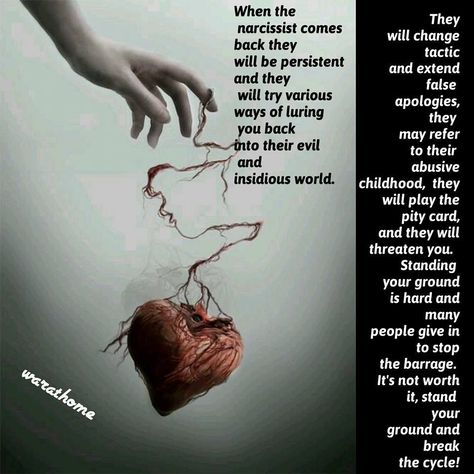
Scientists pointed out that gender roles in society are distributed from childhood, and society reacts negatively to human behavior that does not correspond to them: for example, aggressiveness and authoritarianism in women cause criticism, therefore women more often suppress such traits in themselves
How narcissists manipulate ?
Do not think that everyone we easily classify as narcissists are manipulators, because we have already found out that many people have narcissistic character traits, but not all of them affect relationships with others.
Photo: Nigel Tadyanehondo / Unsplash
However, there are tricks that are most often used for manipulation by narcissists. They were identified by family therapist Dan Newhart.
1. Narcissist appeals to your emotions, mostly negative - fear and guilt.
2. He refers to what the majority agrees with him: this is how he tries to let you know that otherwise you will be an outcast.
3.
For him there is only "yes" and "no", "black" and "white" - there are only two options and no halftones.
4. Compromises are possible, but only if they are beneficial to the narcissist.
5. The narcissist does not need to prove his point of view - this is the task of those who argue with him.
6. He will gladly flatter you to get what you want.
7. If you make a complaint to him, he will most likely brush it off, because you are talking some kind of absurd and unsubstantiated nonsense and this is not even worth discussing.
8. A narcissist will easily put a negative label on you if you are unpleasant to him or if he does not agree with you. He can also act in relation to a whole group of people in order to justify some kind of violence or negativity towards them.
9. He will make you a thousand promises and will not keep them.
10. The narcissist will easily take your own words out of context in order to turn them against you later.

11. It doesn't cost him anything to make fun of you in order to belittle and show that you are not taken seriously.
12. Inflates the problem to immense proportions, arguing that some actions will eventually turn into disastrous consequences, and refuses to perform them, and also distracts from the essence if claims were made against him.
At the beginning of a relationship, narcissists try to make their partner feel important, as if they are the love of their life. However, this is followed by a sharp depreciation, and the partner is made to understand that he does not deserve special attention and should appreciate that he started a relationship with him at all. It turns into a swing, and a person next to a narcissist feels either the best or the worst.
How to deal with daffodils?
We have already found out that narcissism can be a character trait and does not always negatively affect others, therefore, first of all, it is important for you to understand how you feel around a person and how it affects your condition.

Ask yourself questions:
1. Is there any disrespect, aggression, manipulation in the relationship?
2. What is the state of your self-esteem?
3. How do you feel after talking to a person?
4. Why are you communicating with this person - out of love, fear, pity or a desire to help?
Photo: Mariya Georgieva / Unsplash
If, after answering these questions, you understand that you feel bad and uncomfortable, such a relationship should be terminated or at least reduced communication to a minimum. However, even if you saw narcissistic traits in a person, relationships with him can be trusting and warm.
If it is impossible to end the relationship, you should follow the following rules:
1. do not tell the narcissist that he is a narcissist - this will cause anger and a desire to punish you, and then return power over you;
2. it is useless to wait for sudden improvements in behavior, so one should emotionally withdraw and try to ignore manipulations;
3.
try to control your communication with the narcissist - strive to reduce contact with him, if you can not completely stop it;
4. if you recognize the manipulation - answer in monosyllables "yes" and "no" so that the narcissist does not find something to cling to and continue the attack;
5. try to keep the discussion in one direction, directly indicating that you have moved away from the topic of conversation;
6. share less personal - these can all be used against you, either to make you feel bad or to make others see you as a bad, unstable or dangerous person;
7. manipulate back - praise the narcissist if you need to get something out of him, and he will most likely do what you need.
If you find yourself struggling with setting personal boundaries, we recommend that you see a therapist.
What should I do if I look like a narcissist?
If you think that you have narcissistic traits, you should observe yourself: how much time you talk and how much you listen, how much you give in relationships and how much you take.




